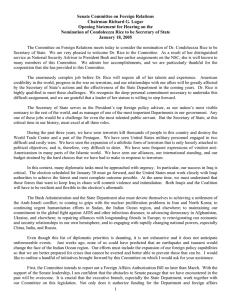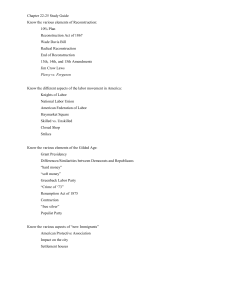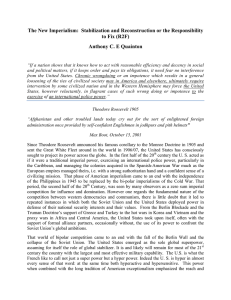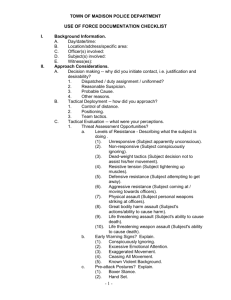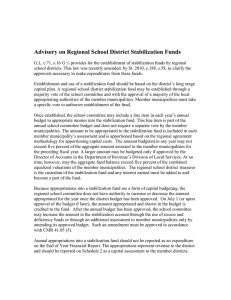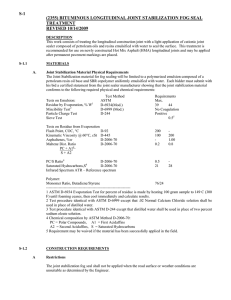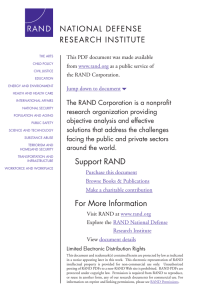Statement of Senator Joseph R. Biden, Jr.
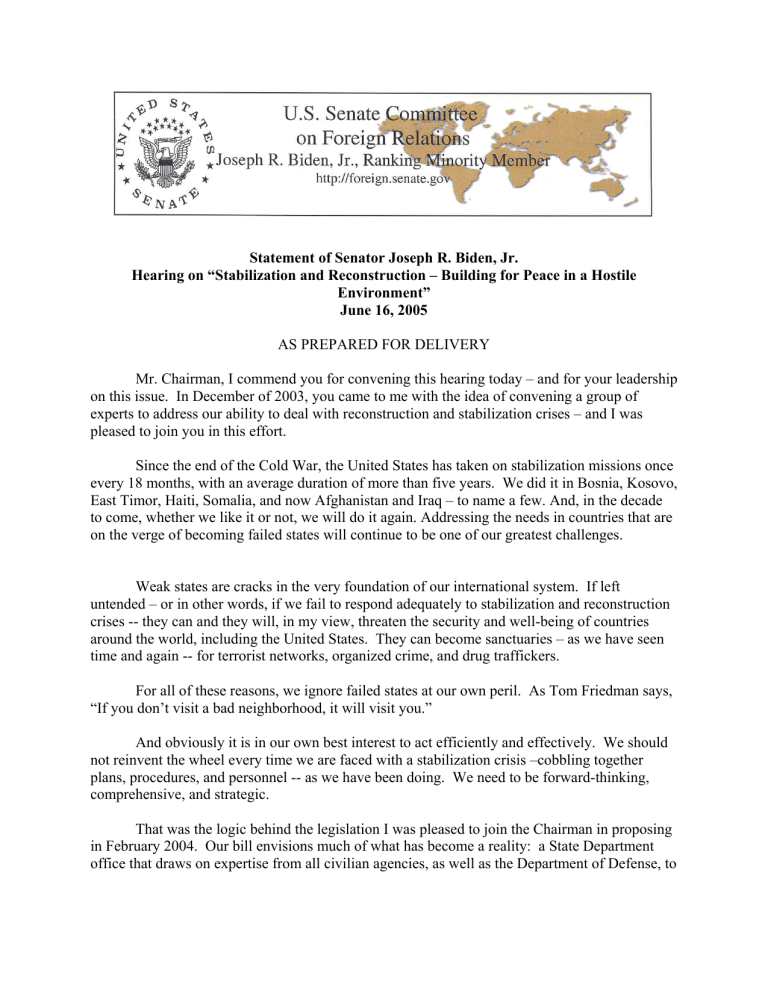
Statement of Senator Joseph R. Biden, Jr.
Hearing on “Stabilization and Reconstruction – Building for Peace in a Hostile
Environment”
June 16, 2005
AS PREPARED FOR DELIVERY
Mr. Chairman, I commend you for convening this hearing today – and for your leadership on this issue. In December of 2003, you came to me with the idea of convening a group of experts to address our ability to deal with reconstruction and stabilization crises – and I was pleased to join you in this effort.
Since the end of the Cold War, the United States has taken on stabilization missions once every 18 months, with an average duration of more than five years. We did it in Bosnia, Kosovo,
East Timor, Haiti, Somalia, and now Afghanistan and Iraq – to name a few. And, in the decade to come, whether we like it or not, we will do it again. Addressing the needs in countries that are on the verge of becoming failed states will continue to be one of our greatest challenges.
Weak states are cracks in the very foundation of our international system. If left untended – or in other words, if we fail to respond adequately to stabilization and reconstruction crises -- they can and they will, in my view, threaten the security and well-being of countries around the world, including the United States. They can become sanctuaries – as we have seen time and again -- for terrorist networks, organized crime, and drug traffickers.
For all of these reasons, we ignore failed states at our own peril. As Tom Friedman says,
“If you don’t visit a bad neighborhood, it will visit you.”
And obviously it is in our own best interest to act efficiently and effectively. We should not reinvent the wheel every time we are faced with a stabilization crisis –cobbling together plans, procedures, and personnel -- as we have been doing. We need to be forward-thinking, comprehensive, and strategic.
That was the logic behind the legislation I was pleased to join the Chairman in proposing in February 2004. Our bill envisions much of what has become a reality: a State Department office that draws on expertise from all civilian agencies, as well as the Department of Defense, to
monitor potential crises, create plans and procedures to respond effectively, and efficiently mobilize people and resources.
2
I appreciate that the Administration has moved in this direction – and I appreciate the work, specifically, that Ambassador Pascual has accomplished since his Office of Reconstruction and Stabilization was established at the State Department last summer. There has been solid progress over the past year – but, in my view, we are not where we need to be yet.
I am interested in learning more about how all of you are working together, and your visions for the future. And we especially want to know what you need in the way of resources and help from Congress to get your critically important jobs done. Between the four of you, there is a tremendous amount of expertise in this room, and I thank all of you for being here today.

